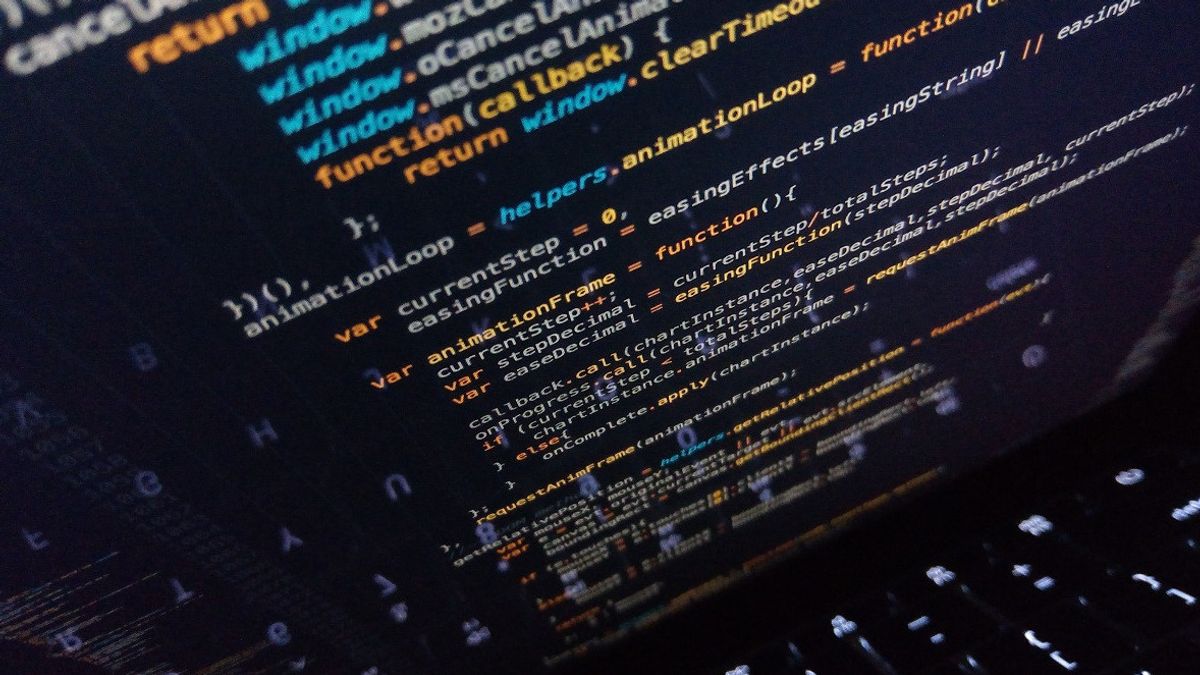JAKARTA - Hackers linked to Beijing accessed the email accounts of the United States Ambassador to China, in espionage operations that are thought to have hacked at least hundreds of thousands of US Government emails, according to a Wall Street Journal (WSJ) report.
Earlier, there was Assistant Foreign Minister for East Asia Daniel Kritenbrink, also hacked in a wider spy operation disclosed this month by Microsoft, the newspaper said, citing people familiar with the matter.
Asked about reports of breach of two diplomat accounts, the State Department declined to provide any details and said a spy operation investigation was ongoing.
US Ambassador Nicholas Burns in Beijing referred to a statement made by Secretary of State Antony Blinken this month that said the US had "consistently explained to China and other countries that any action targeting the government, companies or US citizens is deeply concerning us, and we will take appropriate action in response."
Separately, a spokesman for the Chinese Embassy in Washington said the Bamboo Curtain Country was consistently against hacking and rejected "baseless" speculation about the source of cyber attacks.
"China firmly opposes and combats cyber attacks and cyber theft in all forms. This position is consistent and clear," Liu Pengyu said in an emailed response to Reuters.
"Identifying the source of cyber attacks is a complex technical issue. We hope related parties will take a professional and responsible stance... rather than making baseless speculations and accusations," he continued.
Before the WSJ report emerged, Kritenbrink was asked at a Congressional hearing on US policy in China whether he could rule out his staff email being targeted for hacking.
"I can't comment on the investigations being carried out by the FBI, but no, I'm not going to rule it out," Criticizes said.
Burns and Kritenbrink followed US Commerce Secretary Gina Raimondo as victims of an open-mentioned espionage campaign, sparking warnings from high-ranking Washington diplomats to her Chinese counterpart.
Last week, Microsoft said Chinese hackers abused one of its digital keys, using a flaw in its code to steal emails from US Government agencies and other clients.
The company did not immediately reply to messages asking for comment on the WSJ report.
The breach has put Microsoft's security practices under scrutiny, prompting officials and lawmakers to ask Redmond-based company Washington to make top-level digital audits, also called logging, available to all of its customers for free.
Microsoft said in a statement late Thursday it accepted the criticism.
SEE ALSO:
Last week, White House National Security Council spokeswoman Adam Hodge said interference in Microsoft's cloud security "influences unclassified systems," without elaborating.
"Officers immediately contacted Microsoft to find sources and vulnerabilities in their cloud services," Hodge said.
The State Department "detected anomaly activity" and "took immediate steps to secure our system," a department spokesman said in a statement at the time.
The English, Chinese, Japanese, Arabic, and French versions are automatically generated by the AI. So there may still be inaccuracies in translating, please always see Indonesian as our main language. (system supported by DigitalSiber.id)














